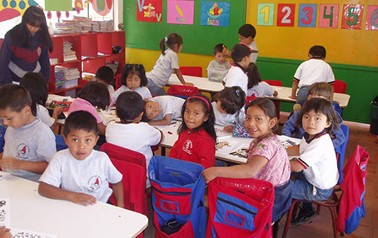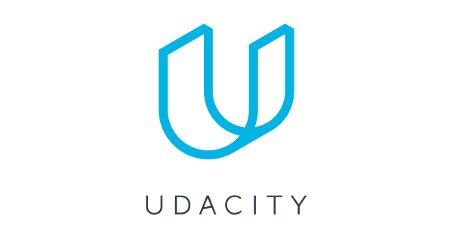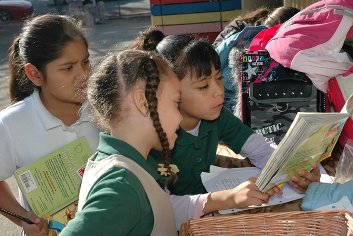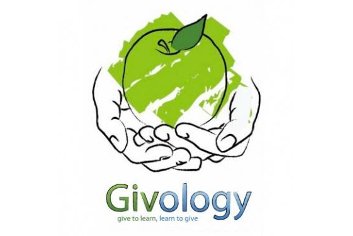School communities in high-income neighborhoods can be characterized by the relationships between teachers, parents, and students. Within this triangle, children are learning through multiple pathways that enable them to make academic progress inside and out of school. But, in low-income communities, this triangle is broken. The system of Springboard Collaborative focuses exclusively on the interaction between teachers and students, writing off parents as unwilling or unable to help. The result is akin to a two-legged stool. Students in low-income communities lack continuous access to learning at home and school, resulting in slow progress during the school year and chronic regressions over the summer. Research finds that two-thirds of the achievement gap among high school students is attributable to summer learning loss in elementary school. Connecting the dots from elementary school to adulthood tells a sobering story. A student who cannot read on grade level by 4th grade is four times more likely to drop out of high school than his or her proficiently reading peer. Add poverty to the mix, and a student is 13 times more likely to drop out. Only 13% of Philadelphia 4th graders are reading proficiently; not coincidentally, only 10% of Philadelphians earn a college degree. Low educational attainment translates into underemployment and financial hardship. Philadelphia’s adult illiteracy rate of 22% matches precisely the city’s poverty rate of 22%. Springboard Collaborative tries to close the reading achievement gap by coaching teachers, training family members, and incentivizing learning such that our scholars have the requisite skills to access life opportunities. Their primary offering is an intensive, five-week summer literacy program for Pre-K through 3rd grade students and their families. In each of their school partners, they train their existing teachers to implement the program in 5 levels: a) home visits: Before programming, teachers visit the homes of their 15 students to build parent buy-in and lay the foundation for a strong partnership b) instruction: Teachers conduct daily, half-day literacy instruction with students grouped by reading level rather than grade level c) family workshops: Teachers lead weekly workshops that train parents on how to pick a book on their child’s reading level and what to do before, during, and after reading d) coaching: Springboard hires a Site Manager at every school, typically from within. The Site Manager leads differentiated groups of teachers through a 5-week coaching cycle to ensure that every classroom reaches the finish line while teachers improve their practice e) learning Bonuses: Contingent on parent attendance and commensurate with student reading growth, Springboard distributes educational incentives—including books and tablets—during a capstone celebration. 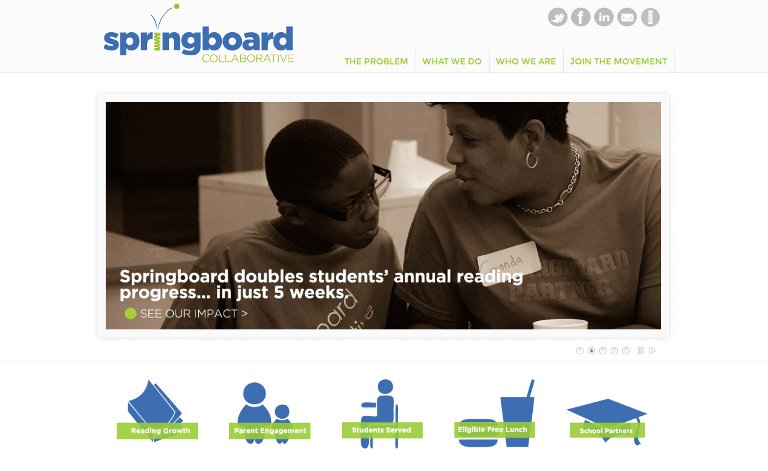 Website: http://springboardcollaborative.org/ The founder Alejandro Gac-Artigas
Website: http://springboardcollaborative.org/ The founder Alejandro Gac-Artigas
Learning how to read in Philadelphia
![]()
STAY IN TOUCH
SUBSCRIBE TO OUR NEWSLETTER
AND RECEIVE OUR LATEST STORIES
OLBIOS NETWORK FOR ACTION




